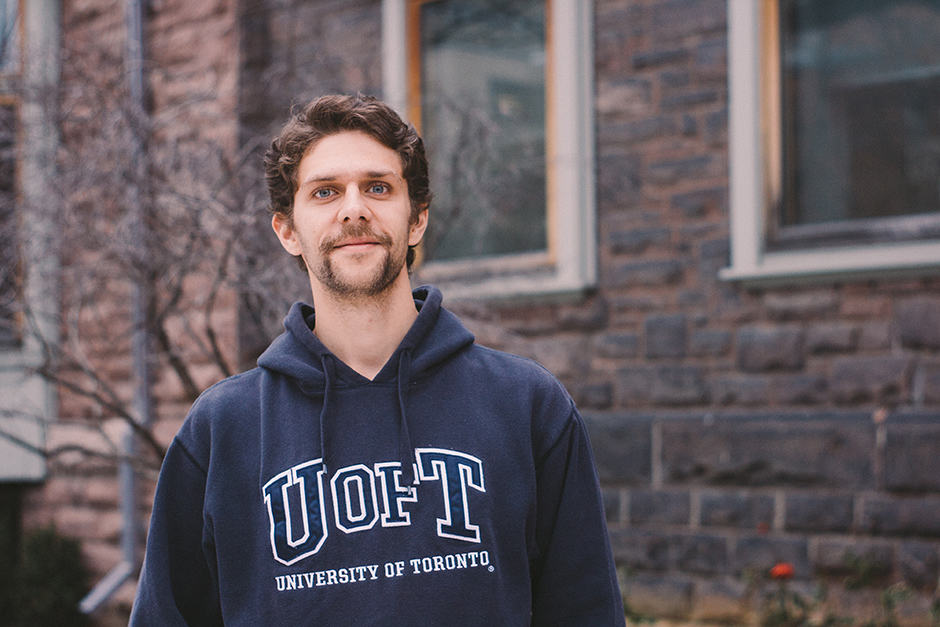As November draws to an end, so do classes, beard growth, and National Novel Writing Month (NaNoWriMo). Now in its sixteenth year, over 400,000 writers worldwide have taken on the challenge this November. The Varsity spoke with two U of T students, a NaNoWriMo first-timer and a veteran, about their novel writing attempts this month.
Martin Petkov, a third-year computer science specialist, has undertaken NaNoWriMo for the first time this year and finished strong. “I [refused] to come close and not actually make it to the final goal,” he says, adding, “I’ve enjoyed it; it hasn’t felt like work, only like bringing to reality what was already in my mind.”
Petkov explains that his favourite part of the experience was “getting to see an idea in my mind actually form into a coherent thing.'” His story takes a fantasy-like twist, following the mind of a lucid-dreaming man as he dies in a coma.
It’s hard to imagine completing a full novel on top of a regular course-load at U of T. Petkov acknowledges this difficulty, saying, “This last week is the hardest one. It’s coinciding the due dates for four final assignments, and it’s hard to find the time to write out my daily words. It doesn’t really get easier as the goal gets closer. I still have to convince myself not to skip a day or I’ll fall too far behind.”
Paloma Griffin, a fourth-year political science specialist, agrees: “the hardest part has definitely been the time management. Fourth year is busy, even without 50,000 words in progress!” She adds, “I think [I will finish]. I might be a couple days late in finishing, because I got a few thousand words behind this week, but if I put some good effort in I should be able to reach my word count by December 2 or 3. I really love this story, and I’m so pleased where it has gone so far!”
Interestingly, the idea for Griffin’s story this year originated from a course. “I’m taking this really amazing religion class this semester called Witchcraft and Magic in Christianity, and it really inspired me,” she says, adding, “The professor for this class encouraged us to really take a look at modern versus historic ideas of magic. While getting through a reading back in October, I stumbled across a historical account of “sylvan ones,” which are people or creatures who dwell in the woods, so I wrote my story about that — a group of wild people who live in the woods, and have their own magic system. The main character is this little girl who gets lost and is found by the sylvan ones.”
Griffin says that her favourite part of this year’s writing experience was the research for her story. “Every year you have to dedicate a little time to background research on the things you are writing about, and because I’m taking a class on the history of the story I’m writing, I ended up loving the research element of it!” she says, adding,”I really think I’m going to take this story and make it something good.”
Petkov states that while he enjoyed the experience and gained a lot from it, he will not do it again. “I’ll just be happy with knowing that I’ve conquered this behemoth and crossed something off of my bucket list,” he says. Griffin, on the other hand, enthusiastically responds, “I’m definitely going to keep going! This is a lifetime activity.”



